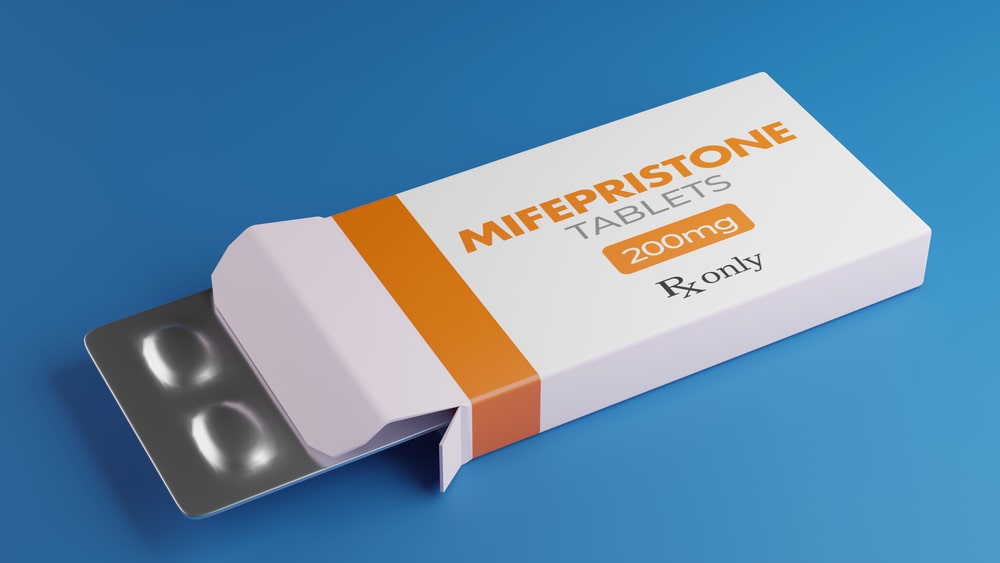Recent research highlights a surge in requests for abortion pills in the United States, particularly during periods of legal uncertainty and impending restrictions. This trend underscores the growing importance of preemptive measures in securing reproductive healthcare access, with medication abortion emerging as a focal point in the ongoing debate over reproductive rights.
Thousands of women have sought to obtain abortion pills in advance, anticipating potential barriers to access. The surge in demand coincided with pivotal moments, such as the anticipation of Roe v. Wade being overturned by the Supreme Court.
Aid Access, an online telemedicine service, recorded a significant uptick in requests for “advance provision” of abortion pills, reflecting heightened concerns about future restrictions.
Following the leak regarding the potential overturning of Roe v. Wade, daily requests for abortion pills spiked nearly tenfold nationally and rose nearly ninefold in states facing imminent abortion bans.
Subsequent fluctuations in request rates were observed in response to legal developments, including conflicting rulings on the federal approval of mifepristone.
Research revealed disparities in the demographics of individuals seeking advance provision of abortion pills. Those with greater access tended to be older, white, childless, and residing in urban areas with lower poverty rates.
Dr. Daniel Grossman emphasizes the need for further investigation into these inequities, highlighting the importance of addressing barriers to access for marginalized communities.
While advance provision of abortion pills remains relatively novel in the U.S., some organizations have begun offering this service. Dr. Abigail Aiken notes the potential impact of expanding awareness and availability of preemptive measures in reproductive healthcare.
The rise in demand for abortion pills underscores the urgent need to safeguard reproductive rights amidst legal uncertainty. As discussions surrounding medication abortion continue to evolve, addressing disparities in access and promoting awareness of preemptive healthcare options are critical steps in ensuring equitable reproductive healthcare for all.
Source: Adapted from The Associated Press, incorporating findings from research published in JAMA Internal Medicine.



